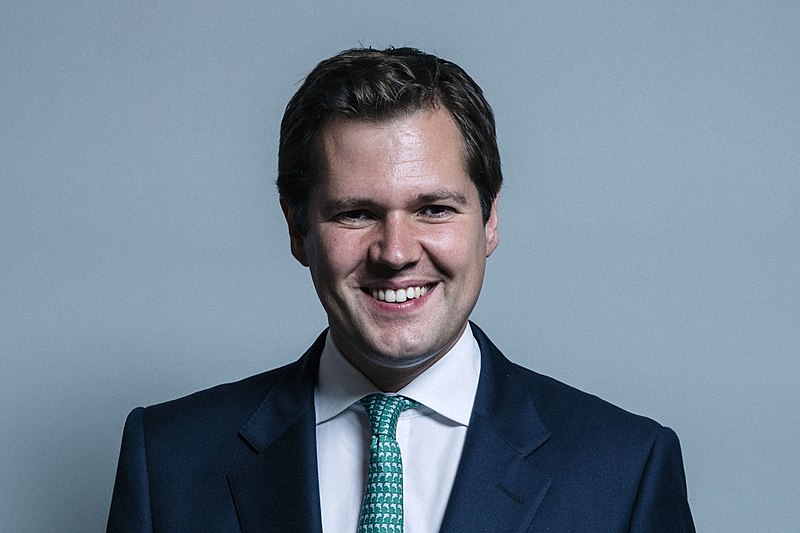
In March, it came to light that approximately 400 hotels were being utilized to house a record number of asylum seekers.
On Tuesday, Immigration Minister Robert Jenrick is scheduled to reveal plans for the termination of hotel contracts, which are incurring a daily cost of £8 million to taxpayers.
The cost of housing migrants in hotels has become a matter of concern, and the government has made repeated promises to reduce its reliance on such accommodations.
The use of hotels has surged as the number of people seeking asylum in the UK has risen.
According to the Immigration and Asylum Act of 1999, the Home Office has a responsibility to house asylum seekers, who would otherwise be destitute, during the processing of their claims.
In August, the number of asylum seekers undergoing application processing reached a record high of 175,000 individuals.
In December 2022, Prime Minister Rishi Sunak set a target to clear the so-called legacy backlog by the end of this year. Since then, the government has doubled the number of personnel processing asylum applications to 2,500.
The Labour Party has called for the hiring of 1,000 more caseworkers to alleviate the asylum backlog.
Peter Walsh, a researcher at Oxford University's Migration Observatory, raised concerns about where asylum seekers would be accommodated, as the total backlog of cases has remained largely unchanged since the previous year. While the legacy backlog, which comprises applications made before the end of June 2022, has reduced, new applications have offset this decrease.
In recent weeks, some hotels, including those around Northampton and Kettering, have ceased housing migrants, possibly due to being potential target areas for Labour in the next general election. Other hotels are believed to have only a small number of migrants remaining in them.
In an attempt to reduce hotel expenses, some migrants have been transferred to the Bibby Stockholm barge. This vessel can accommodate up to 500 men awaiting the outcomes of their asylum applications. However, in August, it was evacuated due to the presence of Legionella bacteria in the water supply. The government hopes to employ additional barges to house migrants in the coming months.
In recent months, hotels housing asylum seekers have been the site of demonstrations, which have occasionally turned violent.
In a bid to lower hotel costs, the Home Office has initiated Project Maximise this year. The project's goal is to increase the number of individuals who can be accommodated in hotels by adding more beds to rooms. The government asserts that it ensures rooms are of an "appropriate size" and that asylum seekers are not required to share rooms with individuals of the same gender. While room sharing is not optional, people are encouraged to share with friends whenever feasible.
Statistics:
As of June 2023, there were 50,546 asylum seekers residing in UK hotels, marking a 10% increase from the end of 2022 when there were 45,775 people housed in hotels.
In March 2023, the government sources indicated that 395 hotels were being used for this purpose, with the majority (363) located in England, 20 in Northern Ireland, 10 in Scotland, and two in Wales.
Between April 2022 and March 2023, the government spent around £2.3 billion on hotel accommodation.
In April 2022, the government announced a plan where certain asylum seekers would be sent to Rwanda to seek asylum there. The intention is that this would act as a deterrent, reducing the number of individuals crossing the Channel to the UK in small boats.
The legality of this scheme is currently being considered by the Supreme Court, following the Court of Appeal overturning an earlier High Court ruling that deemed the plan lawful.
Mr. Sunak has made reducing the numbers of individuals arriving in the UK illegally one of his primary objectives. Photo by Chris McAndrew, Wikimedia commons.


































